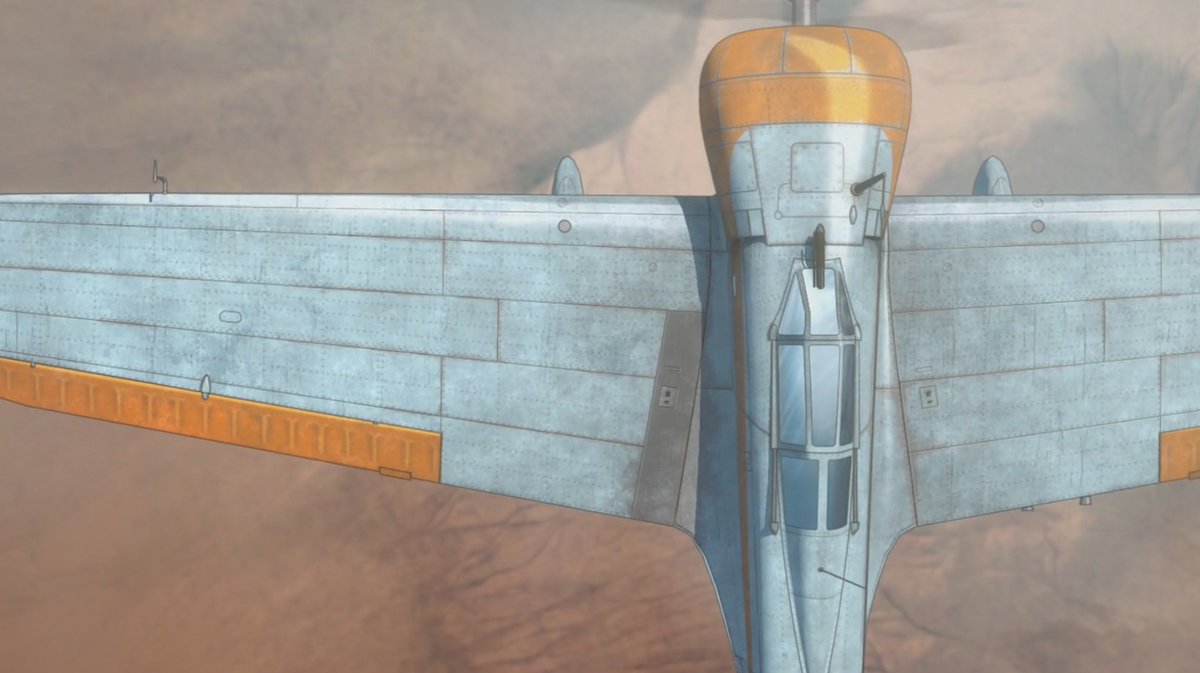Back then equipment was pretty rudimentary, fifth hand ex army trucks, white overalls, elastic sided boots and a lovely range of torture implements
We were a fairly busy brigade with dozens of call outs a year with me getting to as many as I could,
Christmas 1993 and New Years 1994 was hot, hot and dry, temperatures in the mid to high 30’s, humidity very low, it was ripe for a fire and that didn’t take long.
It was tiring. About 4 days in we got the weather forecast for the following day, 40+ degree temperatures, high winds from the west and humidity in the low single figures.
The following morning started off ok, lots of blacking out around the edges, locking it all away so it hopefully wouldn’t go anywhere
Then the westerly hit, it didn’t take long to jump the containment lines. Our unit was parked on the road
Of the truck in the paddock next to us we found it’s hose, they dropped it and got out of there,
The fire had gotten past us and through some more well grazed paddocks behind us heading to more houses where the RAAF (who’d been with us from the start)
The weather gradually improved and units from Victoria arrived to take some of the pressure off and after nine days
Weather conditions on that day would now be classified as Catastrophic and despite the apparent bare ground and the previous hazard reductions it was only a change in the weather (and in some places running up against the Big Blue Firebreak)
The work we did that week undoubtedly saved houses and lives and also taught a few of us some big lessons, while hazard reduction is good under normal fire conditions when it gets into the extremes as we have been seeing more and more of
I’ve had a few years off in the “naughties”, my last call out with my original brigade on
Things have improved a lot since then, much better equipment, better training, better communications, better weather
In 1994 I studied climatology as part of my degree and have kept an interest in it ever since as it has a big impact on both my paid and unpaid work.







